Sustainability
Sustainability
BC Vault
Our actions have a negative effect on the earth, and increasing human populations and consumption rates are putting a strain on the planet’s resources, according to a recent report, one of many. Worse still, urbanization, industrialization, and new farming practices are rapidly polluting the climate and depleting precious natural resources.
Another aspect is climate change. By 2050, the Earth is expected to be 2°C warmer, and the world’s ice sheets are melting at much faster rates than in the previous century, leading to increasing sea levels. Simultaneously, the world is losing much of its biodiversity, which scientists predict would have “unprecedented and unpredictable” implications for life on Earth.
In light of this, global sustainability efforts are now more important than ever. Fortunately, innovative technical techniques may be used to solve the most important issues. Blockchain is one technology that is gaining traction in the field of sustainability.
Blockchain is best known as the infrastructure that underpins digital currencies like bitcoin, but it has far more uses.
Blockchain is compared to a distributed ledger in which nodes see, monitor, and document transactions, according to tech writer Daniel Ling. These digital records form virtual blocks (hence the name blockchain) that continue to function even if one or more nodes fail.
If that sounds too complicated, think how PulseLocal Digital Vice President Paul Dughi compares blockchain to a spreadsheet: Think of a spreadsheet duplicated across a network of multiple computers. Information is then entered into the individual cells of these spreadsheets.
Blockchain technology provides a method of storing data that is extremely difficult, if not impossible, to modify or hack. This is because new transaction documents must be added to multiple ledgers (hundreds or even thousands) before the transaction can be checked and registered.
To alter something about that transaction, you’d have to change the specifics of every ledger. This system is what makes the blockchain so difficult to hack.
The blockchain as a gateway to long-term viability
Blockchain is playing an increasingly important role in sustainability by facilitating consumer-producer partnerships, assisting people in adopting more sustainable lifestyles, and assisting businesses in improving their procurement and recycling practices.
Another significant advantage of blockchain technology is the ability to ensure transparency. Simply put, blockchain keeps track of who buys what from whom and when. This ensures that arguments that a company is resource-positive and reducing its environmental impact can be challenged and tested. Customers are increasingly demanding sustainable practices in the goods they purchase.
A circular economy and blockchain
The circular economy and its three R’s are critical to sustainability: reducing materials and waste, reusing items, and recycling materials. This model means that goods and services are traded in closed loops or cycles, ensuring that nothing goes to waste and that Earth’s natural resources are better preserved.
In this case, too, blockchain will support. The technology also guarantees traceability, in addition to transparency. Transparency and traceability work together to make item provenance quick and simple. As a result, being able to tell the difference between genuine and fake goods aids in the fight against counterfeiting and the harm it does to our natural resources, as well as fair labor practices.
Moreover, blockchain technology provides customers with sufficient knowledge about genuinely sustainable goods, allowing them to make informed decisions.
 Basic Model
Basic Model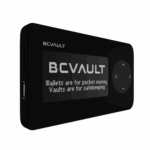 BC Vault ONE
BC Vault ONE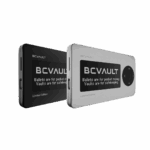 Aluminium Edition
Aluminium Edition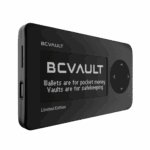 BC Vault Gunmetal
BC Vault Gunmetal BC Vault Quicksilver
BC Vault Quicksilver BC Vault Special Gold Edition
BC Vault Special Gold Edition Custom BC Vault Quicksilver
Custom BC Vault Quicksilver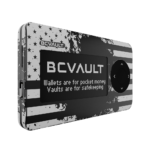 Custom BC Vault Gunmetal
Custom BC Vault Gunmetal